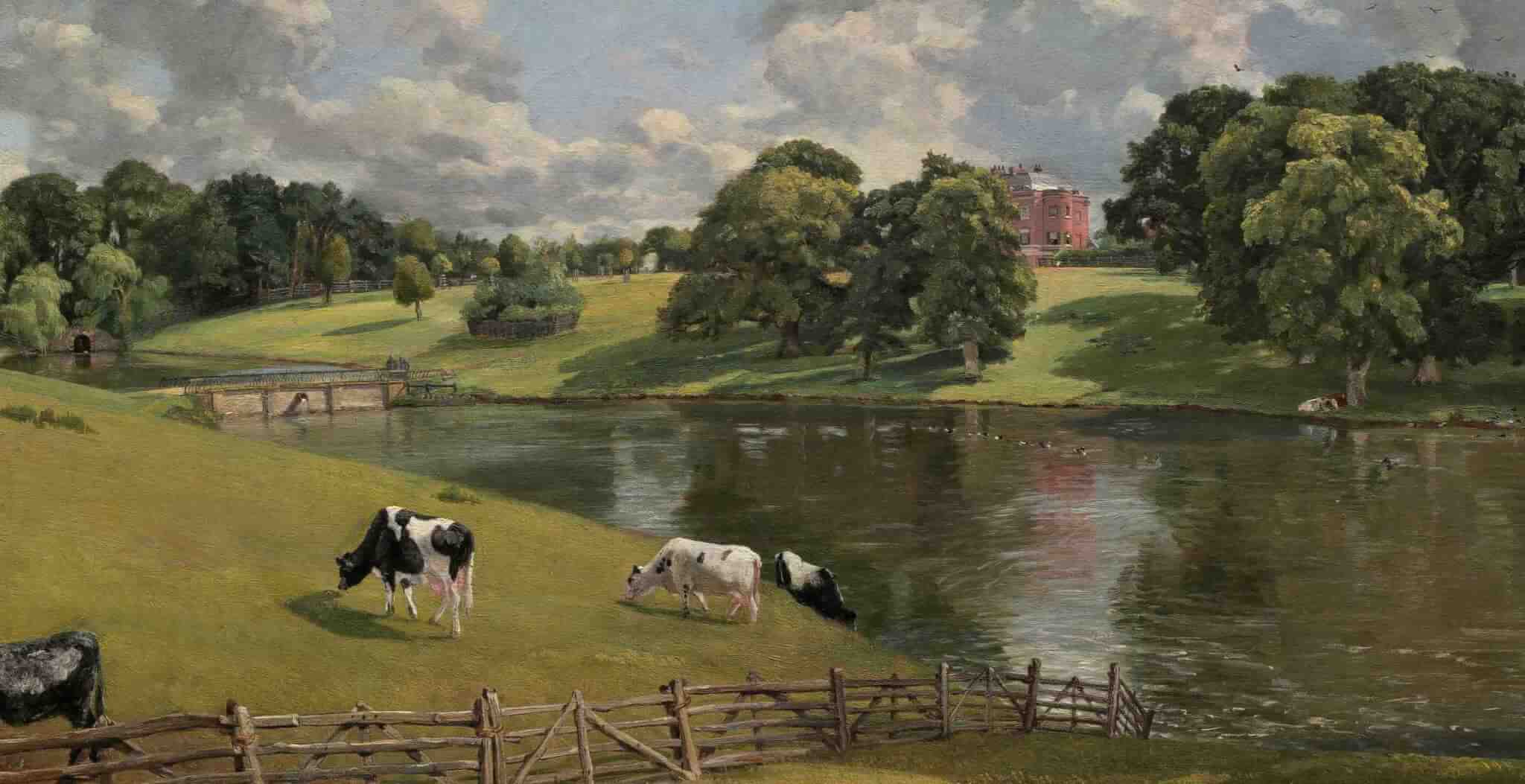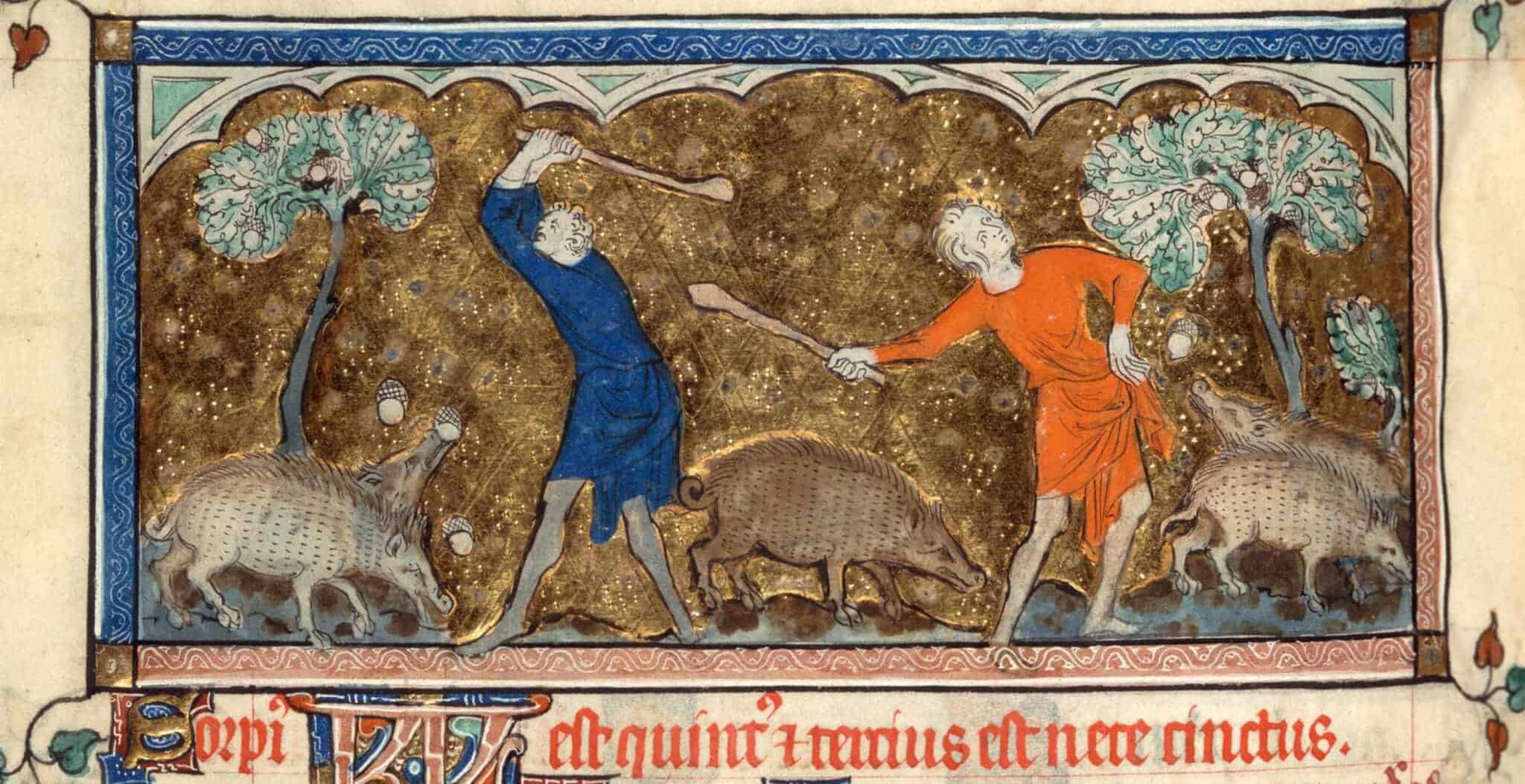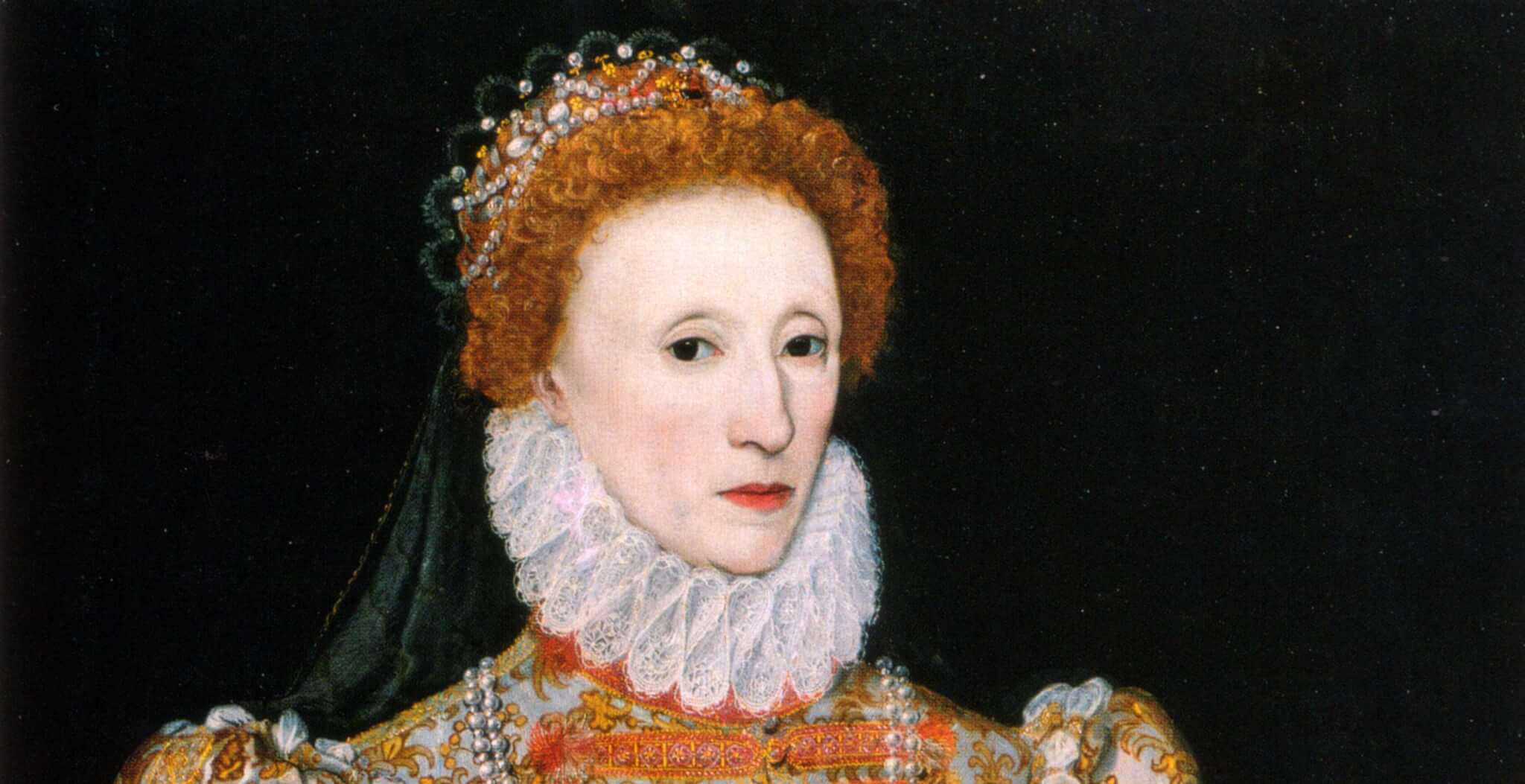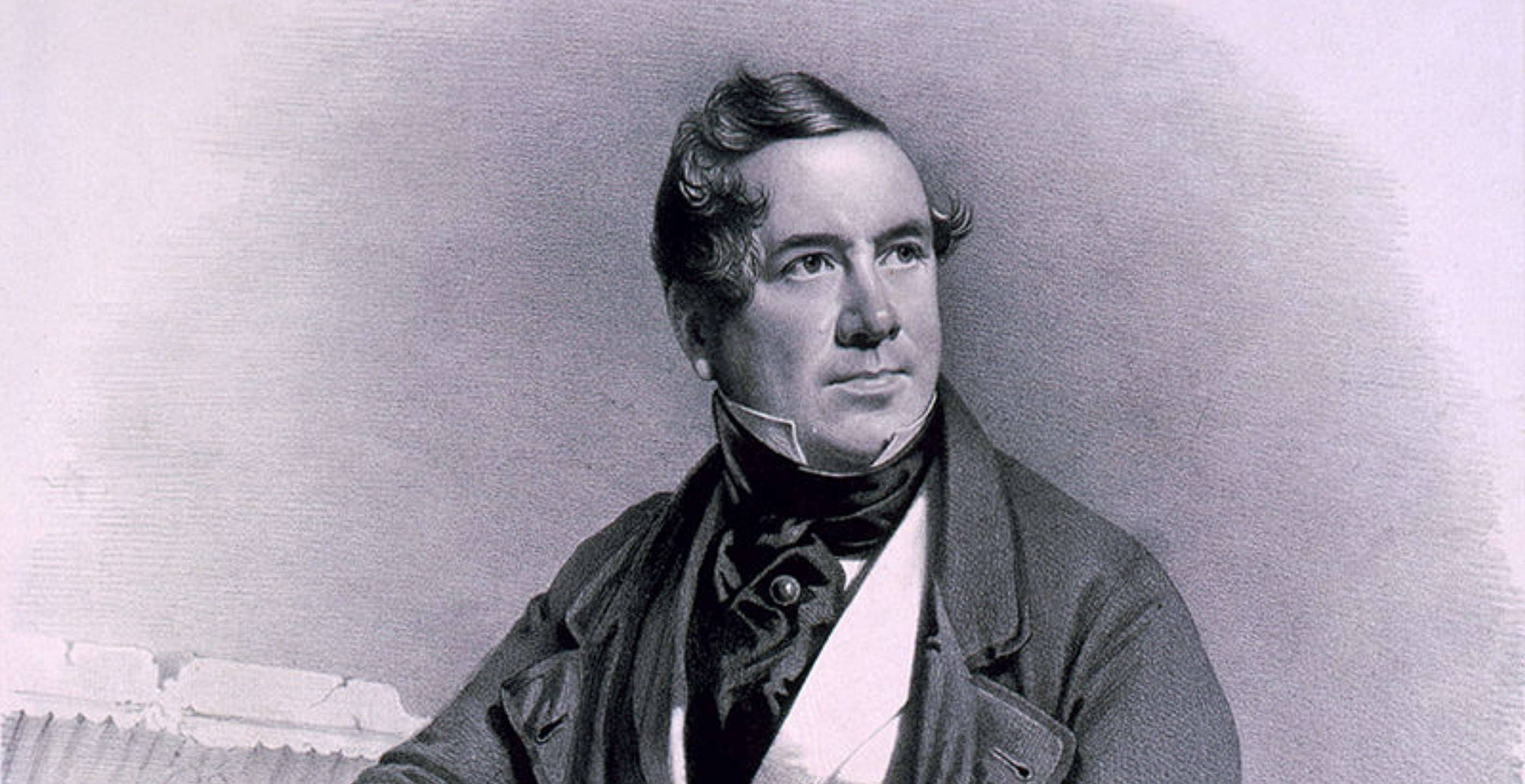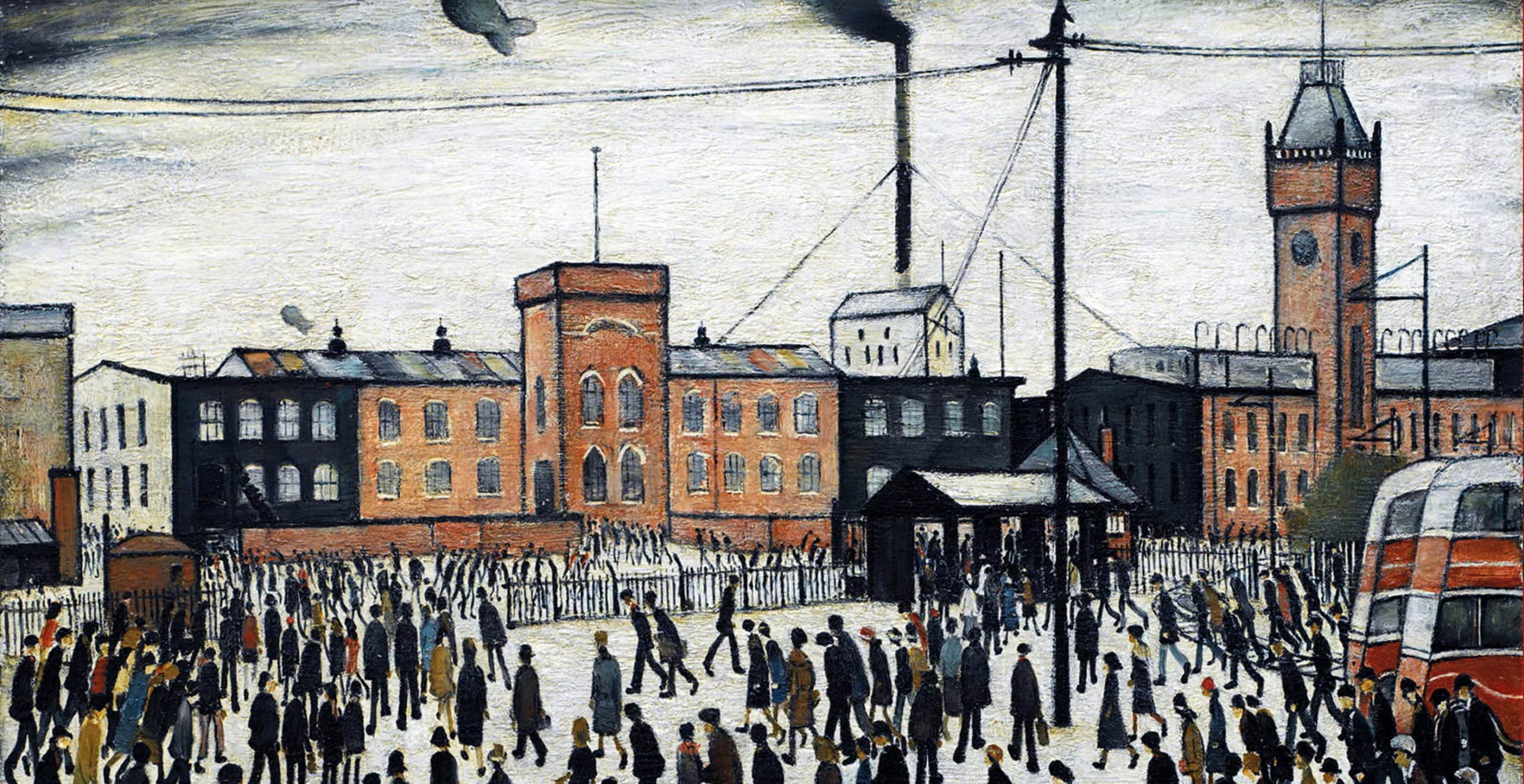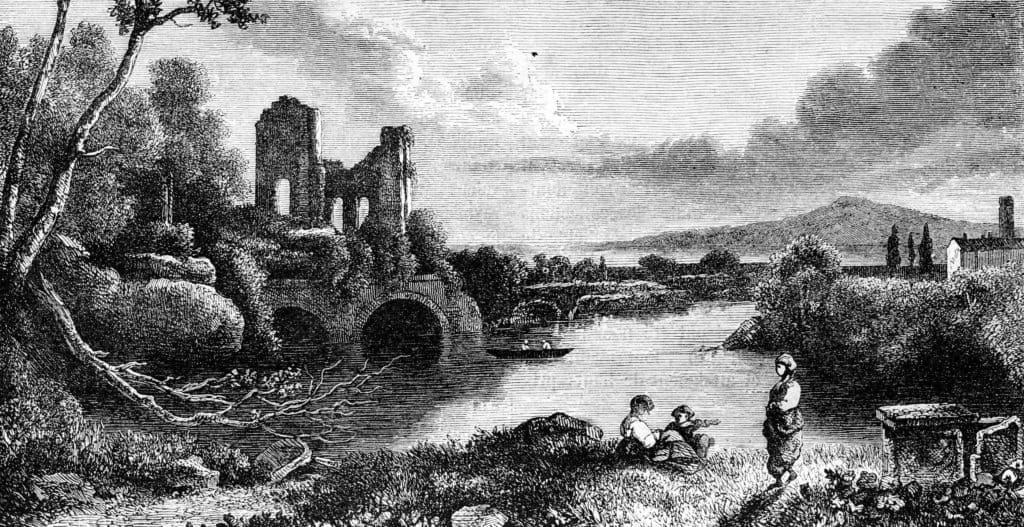John Constable is one of Britain’s most famous landscape artists. Born at East Bergholt in Suffolk in 1776, Constable was the son of a miller. He started working for his father in the mill but his passion and talent for painting resulted in him relocating to London in order to perfect his art. Unfortunately the originality of his style led him to sell few paintings.
Happily though for the budding artist, in 1816 he married Mary Bicknell who later inherited the sum of £20,000 from her father. This allowed Constable to concentrate on his art.
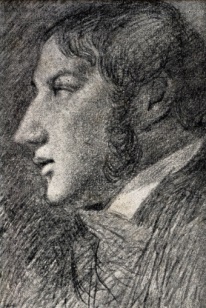
John Constable – A Self Portrait
A prolific worker, he produced innumerable sketches in pencil, water colour and oils from which he built larger canvasses. His inspiration was the beauty of nature.
At this time landscape painting, with the exception of the work of Richard Wilson and Gainsborough, was uninspired and considered second-rate to portraiture.
On April 8th 1826, Constable sent a large landscape to the Royal Academy. This painting portrayed cornfields, a country lane bordered by trees and a young shepherd with his sheep. Constable referred to it familiarly as ‘The Drinking Boy’: we know it as ‘The Cornfield’, one of his most famous works. He became a member of the Royal Academy in 1829.
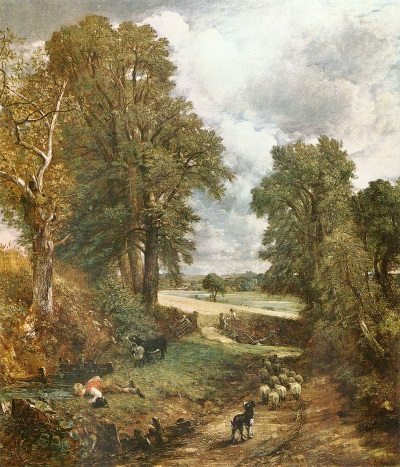
‘The Cornfield’ by John Constable
Constable died at the age of 61 in Hampstead, London in 1831. Hampstead in Constable’s time was a rural village; he called it ‘dear Hampstead’ and his ‘sweet Hampstead’. Both his houses in Hampstead, at Well Walk and in Charlotte Street, boast commemorative plaques.
Constable is renowned as one of Britain’s greatest landscape artists. He is known principally for his paintings of Dedham Vale, the area where he grew up and now known as “Constable Country”. Never commercially successful in England, when his painting ‘The Hay Wain’ was exhibited in Paris in 1821 it was highly praised and admired. His work greatly influenced the Barbizon school of painters and the French impressionists of the late 19th century.
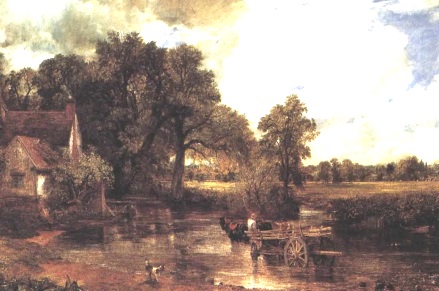
‘The Hay Wain’ by John Constable
